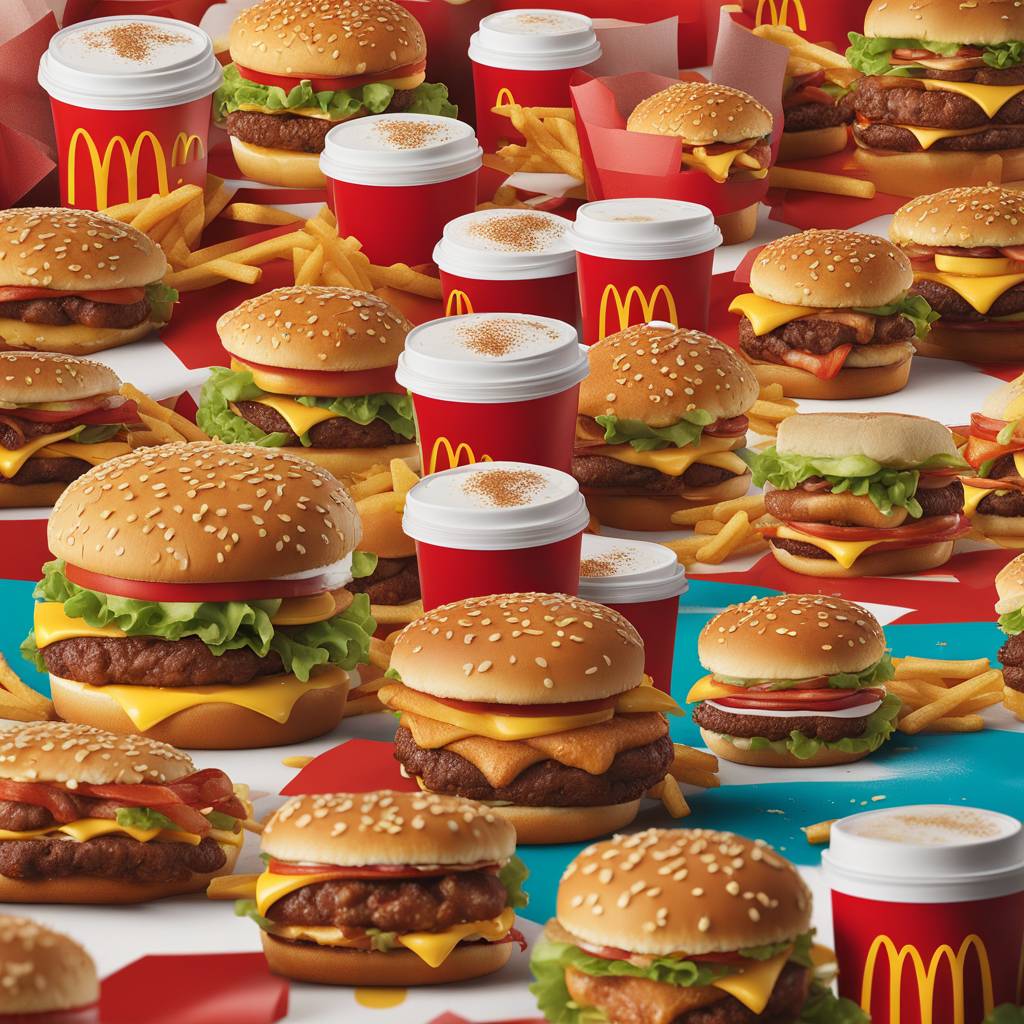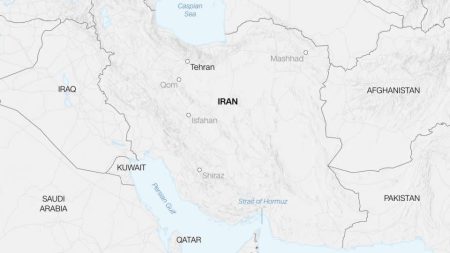A TikTok video of a customer complaining about the price of a $25 deal at a California McDonald’s has sparked blame for the state’s latest minimum wage increase for fast food workers. The new law, which went into effect on April 1, requires chains with 60 or more restaurants nationwide to offer workers a $20 an hour starting wage, up from the previous $16 standard. The viral video shows the frustrated customer at a Southern California drive-thru expressing her dismay at the $25.39 cost of the “40-piece chicken McNuggets bundle” that also comes with two large fries. People in the comment section blamed California’s new law for the rise in menu prices, but McDonald’s clarified that the prices vary by location and the one in the video was above the average cost for the bundle in Southern California.
A Finance Buzz report found that McDonald’s menu prices have doubled since 2014 across popular items, which is more than any other fast food chains like Starbucks, Taco Bell, and Wendy’s. Between 2014 and 2024, the chains analyzed raised prices by 60%, nearly double the national inflation rate with McDonald’s raising prices more than three times the national average. The company’s CEO announced plans to offset the wage increases by increasing prices, cutting restaurant costs and improving productivity. Other chains such as Chipotle also followed suit in raising menu prices after the California bill was signed into law.
The Assembly Bill 1228, signed by California Governor Gavin Newsom in September, not only raised the minimum wage but also established a council to develop rules and regulations for the fast food industry in the state. McDonald’s CEO Chris Kempczinski mentioned that there would be a short-term hit to franchisee cash flow in California due to the wage increases. Despite the challenges, the company’s net income increased significantly in 2023. Kempczinski’s salary and bonus package also saw an 8% increase from the previous year.
Professor Chris Tilly from the University of California, Los Angeles, who studies labor markets, inequality, and public policies, argues that while minimum wage increases may lead to higher fast food item costs, the focus should be on whether they benefit low-income individuals. He suggested that rising prices at chains like McDonald’s could financially impact those at the lower end of the income spectrum, but minimum wage increases should not solely bear that burden. Tilly emphasized the importance of addressing other core issues in the state such as housing affordability and labor market barriers to support all low-income individuals effectively.















